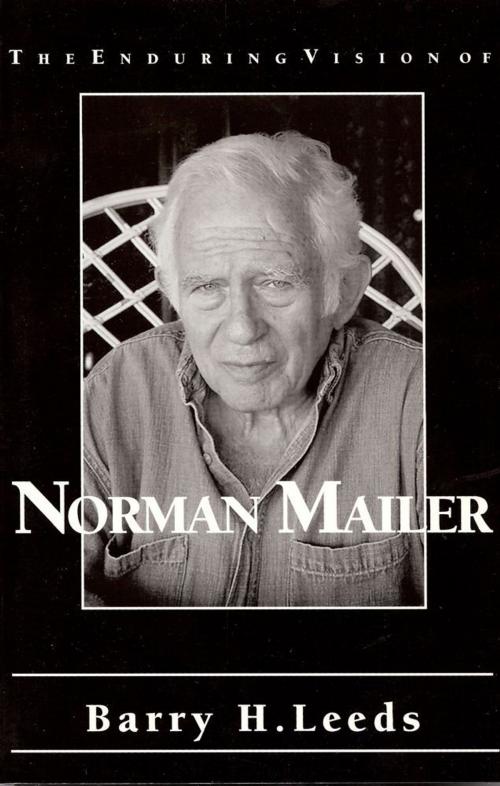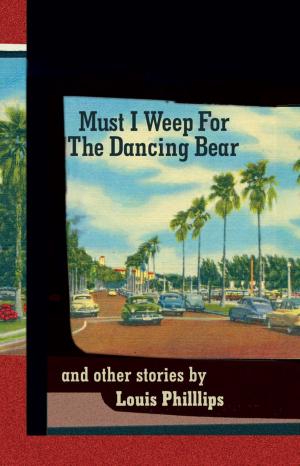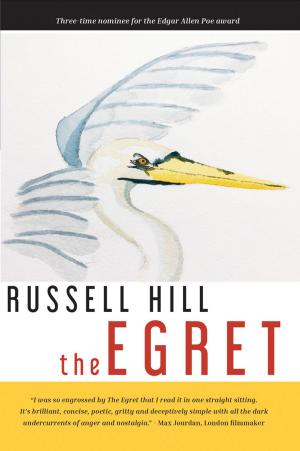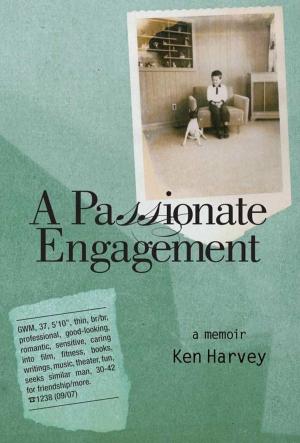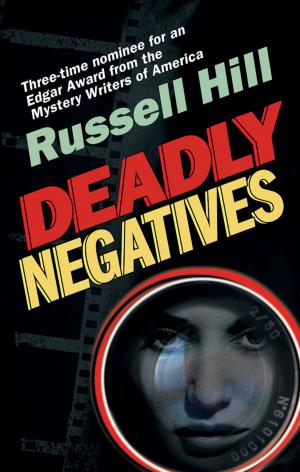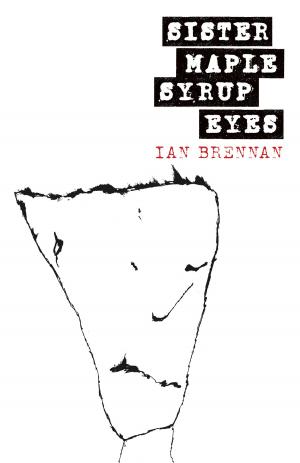| Author: | Barry Leeds | ISBN: | 9781466082021 |
| Publisher: | Pleasure Boat Studio | Publication: | August 12, 2011 |
| Imprint: | Smashwords Edition | Language: | English |
| Author: | Barry Leeds |
| ISBN: | 9781466082021 |
| Publisher: | Pleasure Boat Studio |
| Publication: | August 12, 2011 |
| Imprint: | Smashwords Edition |
| Language: | English |
Leeds (English, Central Connecticut State Univ.; The Structured Vision of Norman Mailer) is an unabashed Mailer fan. The present book, which is more subjective than his earlier volume, treats the themes of women and heterosexuality, politics, and ritualized violence in Mailer's work. Leeds focuses on the writer's later works, but he returns repeatedly to An American Dream, a novel he deems central to Mailer's artistic vision. Leeds's ideas are engaging, his enthusiasm infectious, and his prose mercifully free of critical jargon. His generous use of quotations may draw readers back to Mailer's works, something Leeds no doubt intends in a book that is more celebration than literary critique. Leeds's 1987 interview with Mailer and a brief review essay on books about Mailer are included. A chapter titled "Mailer and Me" tells more about Leeds than Mailer, a fault that might leave the author open to a charge of self-indulgence. Nevertheless, the book provides a useful introduction to Mailer and his work. Recommended for contemporary literature collections. William Gargan, Brooklyn Coll. Lib., CUNY
Copyright 2001 Reed Business Information, Inc.
Leeds (English, Central Connecticut State Univ.; The Structured Vision of Norman Mailer) is an unabashed Mailer fan. The present book, which is more subjective than his earlier volume, treats the themes of women and heterosexuality, politics, and ritualized violence in Mailer's work. Leeds focuses on the writer's later works, but he returns repeatedly to An American Dream, a novel he deems central to Mailer's artistic vision. Leeds's ideas are engaging, his enthusiasm infectious, and his prose mercifully free of critical jargon. His generous use of quotations may draw readers back to Mailer's works, something Leeds no doubt intends in a book that is more celebration than literary critique. Leeds's 1987 interview with Mailer and a brief review essay on books about Mailer are included. A chapter titled "Mailer and Me" tells more about Leeds than Mailer, a fault that might leave the author open to a charge of self-indulgence. Nevertheless, the book provides a useful introduction to Mailer and his work. Recommended for contemporary literature collections. William Gargan, Brooklyn Coll. Lib., CUNY
Copyright 2001 Reed Business Information, Inc.
